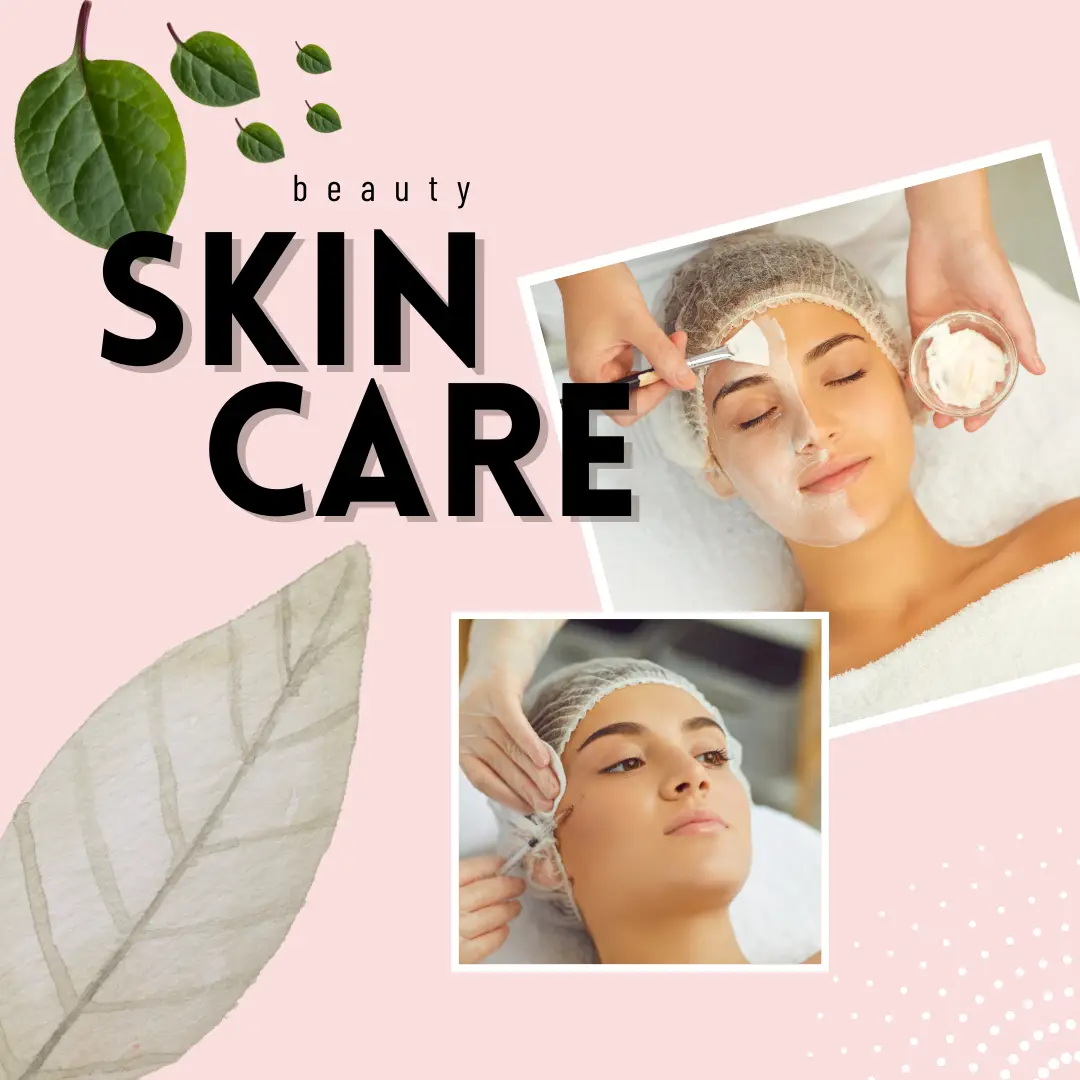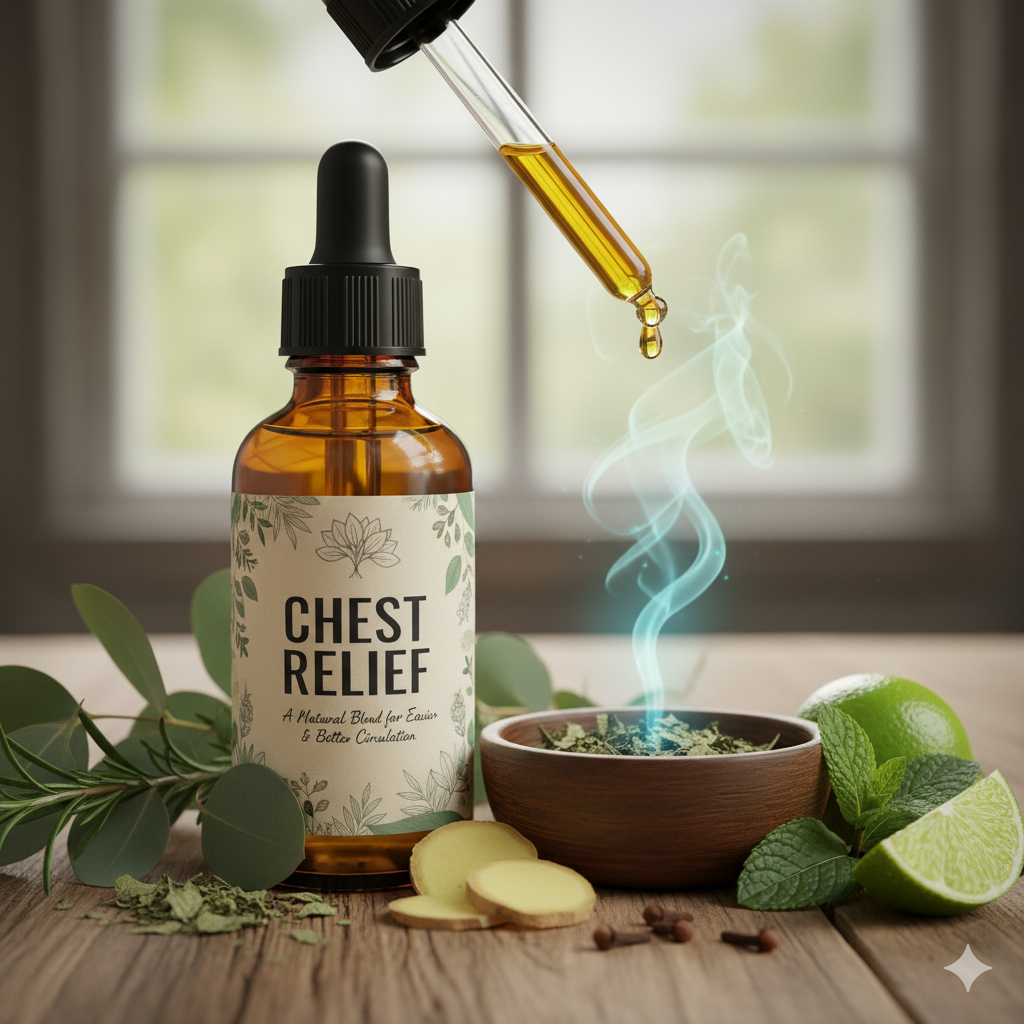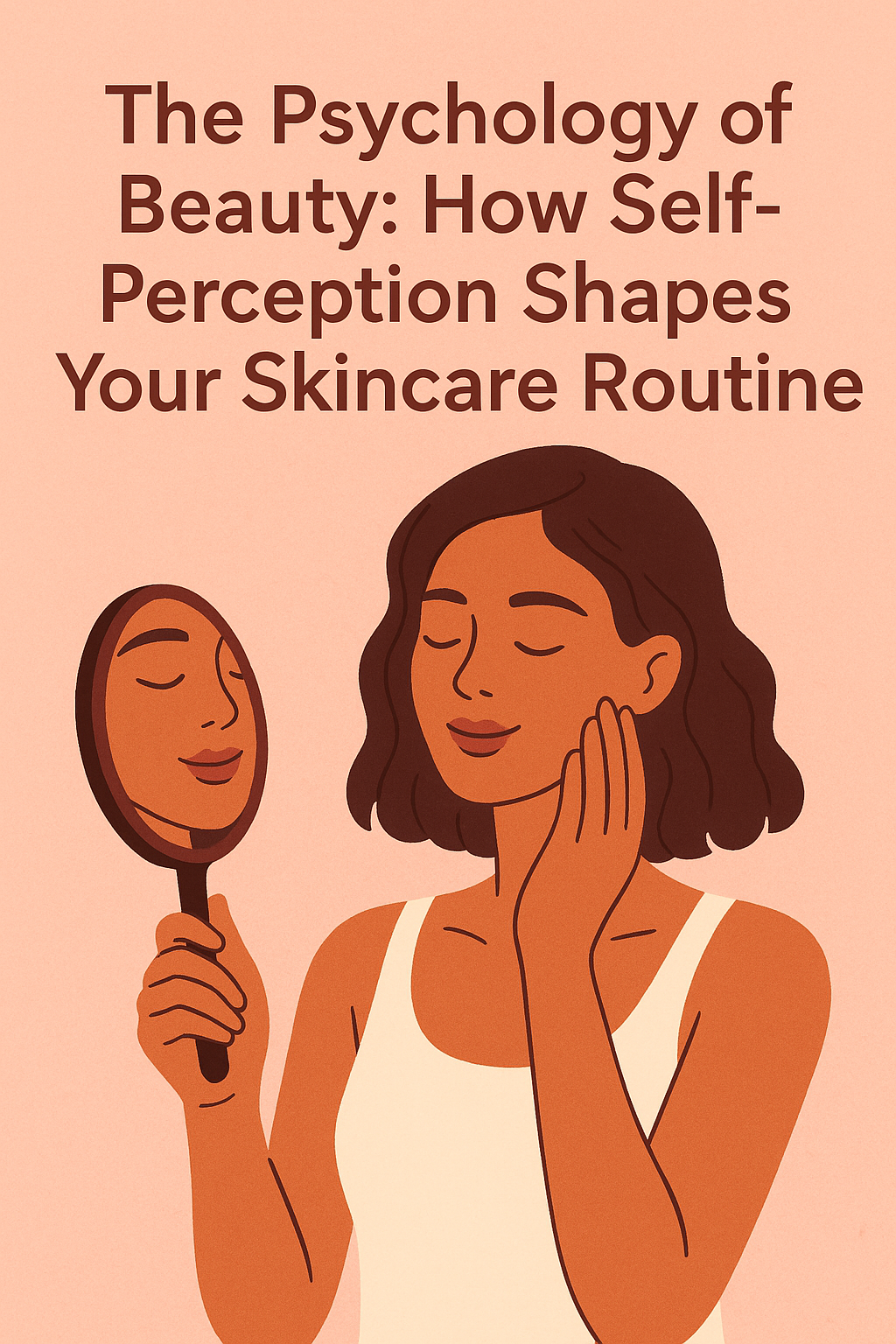In a world where skincare products often come with hefty price tags and long lists of ingredients, turning to home remedies can be a cost-effective and natural alternative. Whether you’re dealing with dryness, acne, or aging skin, there are numerous home remedies that can help improve your skin’s health and appearance. This article delves into various natural treatments you can incorporate into your skincare routine, using ingredients you likely already have at home.
1. Honey: The Ultimate Moisturizer
Honey is a natural humectant, which means it helps retain moisture. It also has antibacterial properties, making it a great choice for acne-prone skin.
How to Use:
- Moisturizing Mask: Apply a thin layer of raw honey to your face and leave it on for 15-20 minutes. Rinse with warm water.
- Acne Treatment: Mix honey with a teaspoon of cinnamon and apply it to blemishes. Leave on for 10-15 minutes before rinsing off.
2. Aloe Vera: Nature’s Soother
Aloe vera is renowned for its soothing and healing properties, especially for sunburned or irritated skin.
How to Use:
- Soothing Gel: Extract fresh aloe vera gel from the leaf and apply it directly to the skin. Leave it on for 10-15 minutes before rinsing.
- Hydrating Mask: Mix aloe vera gel with a few drops of rose water and apply it as a mask. Rinse off after 15-20 minutes.
3. Oatmeal: The Gentle Exfoliator
Oatmeal is excellent for exfoliating and soothing the skin. It is particularly beneficial for sensitive skin types.
How to Use:
- Exfoliating Scrub: Mix ground oatmeal with a bit of warm water to form a paste. Gently massage it onto your skin in circular motions and rinse off.
- Calming Mask: Combine oatmeal with plain yogurt and honey. Apply to the skin and leave on for 15-20 minutes before rinsing.
4. Turmeric: The Anti-Inflammatory Powerhouse
Turmeric has powerful anti-inflammatory and antioxidant properties, making it effective for brightening the skin and reducing acne.
How to Use:
- Brightening Mask: Mix turmeric powder with yogurt and honey. Apply to the face and leave on for 10-15 minutes. Rinse thoroughly to avoid staining the skin.
- Spot Treatment: Make a paste with turmeric and water, and apply it to pimples. Leave on for 10-15 minutes before rinsing.
5. Coconut Oil: The Deep Hydrator
Coconut oil is a natural moisturizer that can penetrate deeply into the skin, providing lasting hydration.
How to Use:
- Moisturizer: Apply a small amount of virgin coconut oil to your skin after cleansing. Use it sparingly to avoid clogged pores.
- Makeup Remover: Use coconut oil to gently remove makeup by massaging it onto the skin and wiping it off with a warm cloth.
6. Green Tea: The Antioxidant Boost
Green tea is rich in antioxidants that can help fight free radicals and reduce inflammation.
How to Use:
- Toner: Brew a cup of green tea and let it cool. Use a cotton pad to apply it to your face as a toner.
- Eye Compress: Soak green tea bags in warm water, let them cool, and place them on your eyes to reduce puffiness and dark circles.
7. Cucumber: The Refreshing Hydrator
Cucumber is highly hydrating and soothing, making it ideal for cooling and refreshing the skin.
How to Use:
- Eye Pads: Place chilled cucumber slices on your eyes to reduce puffiness and refresh tired eyes.
- Face Mask: Blend cucumber into a paste and mix it with yogurt. Apply to the face and leave on for 15-20 minutes before rinsing.
8. Baking Soda: The Deep Cleanser
Baking soda is an effective exfoliant and can help clear up acne by neutralizing pH levels.
How to Use:
- Exfoliating Scrub: Mix baking soda with a small amount of water to create a paste. Gently massage it onto your skin and rinse off.
- Spot Treatment: Apply a baking soda paste to pimples and leave on for a few minutes before rinsing.
Tips for Using Home Remedies Safely
- Patch Test: Always perform a patch test before trying a new remedy to ensure you don’t have an allergic reaction.
- Fresh Ingredients: Use fresh ingredients to ensure maximum effectiveness and to avoid any potential irritants from expired products.
- Clean Hands and Tools: Make sure your hands and any tools you use are clean to prevent introducing bacteria to your skin.
- Avoid Overuse: Overuse of certain ingredients, like baking soda, can cause skin irritation. Use home remedies in moderation.
Conclusion
Home remedies can be a simple, effective, and affordable way to enhance your skincare routine. By using natural ingredients, you can address various skin concerns while avoiding potentially harsh chemicals found in some commercial products. Remember to always test new remedies cautiously and enjoy the process of finding what works best for your skin.
20 Summer Skin Care Tips and Acne Treatments
Summer can be a challenging season for your skin due to the heat, humidity, and increased exposure to the sun. Here are 20 essential tips to keep your skin healthy and acne-free during the summer months.
General Summer Skin Care Tips
- Stay Hydrated
- Drink plenty of water throughout the day to keep your skin hydrated and flush out toxins.
- Use Sunscreen
- Apply a broad-spectrum sunscreen with at least SPF 30 every day. Reapply every two hours, especially if you’re swimming or sweating.
- Wear Protective Clothing
- Wear hats, sunglasses, and lightweight, long-sleeved clothing to protect your skin from the sun.
- Cleanse Twice Daily
- Use a gentle cleanser in the morning and evening to remove sweat, dirt, and excess oil.
- Exfoliate Regularly
- Exfoliate your skin 1-2 times a week to remove dead skin cells and prevent clogged pores.
- Use a Lightweight Moisturizer
- Opt for a lightweight, non-comedogenic moisturizer to keep your skin hydrated without clogging pores.
- Avoid Heavy Makeup
- Use minimal makeup during the summer to let your skin breathe and prevent breakouts.
- Choose Non-Comedogenic Products
- Select skincare and makeup products labeled as non-comedogenic to avoid clogging your pores.
- Blot Away Excess Oil
- Use oil-absorbing sheets to blot away excess oil during the day, especially if you have oily skin.
- Take Cool Showers
- Cool showers can help soothe your skin, reduce sweat, and prevent irritation.
- Eat a Healthy Diet
- Consume a balanced diet rich in fruits, vegetables, and lean proteins to nourish your skin from within.
- Get Adequate Sleep
- Ensure you get enough sleep each night to allow your skin to repair and regenerate.
- Avoid Touching Your Face
- Keep your hands away from your face to reduce the risk of transferring bacteria and causing breakouts.
- Use Antioxidant-Rich Serums
- Incorporate serums with antioxidants like vitamin C to protect your skin from environmental damage.
- Stay in the Shade
- Whenever possible, stay in the shade to minimize direct sun exposure.
- Use Aloe Vera
- Apply aloe vera gel to soothe sunburned skin and keep it hydrated.
- Avoid Hot Water
- Avoid using hot water on your skin as it can strip away natural oils and cause dryness.
- Manage Stress
- Practice stress-relief techniques like yoga or meditation to prevent stress-related breakouts.
- Change Pillowcases Regularly
- Change your pillowcases at least once a week to reduce the buildup of oil and bacteria.
- Keep Hair Off Your Face
- Keep your hair pulled back to prevent oils and products from your hair from causing breakouts on your face.
Summer Acne Treatment Tips
- Use Salicylic Acid
- Incorporate a salicylic acid cleanser or treatment into your routine to help clear out clogged pores and reduce acne.
- Apply Benzoyl Peroxide
- Use benzoyl peroxide spot treatments to target and reduce active breakouts.
- Try Tea Tree Oil
- Dab a small amount of diluted tea tree oil on pimples to take advantage of its antibacterial properties.
- Use Clay Masks
- Apply clay masks once or twice a week to absorb excess oil and unclog pores.
- Keep Skin Hydrated
- Even if you have acne-prone skin, maintaining hydration is essential. Use oil-free, non-comedogenic moisturizers.
- Avoid Over-Exfoliating
- While exfoliating is important, over-exfoliating can irritate the skin and worsen acne. Stick to 1-2 times per week.
- Use Retinoids
- Incorporate retinoid treatments at night to help prevent clogged pores and promote cell turnover.
- Avoid Heavy Sunscreens
- Choose non-comedogenic, oil-free sunscreens to protect your skin without causing breakouts.
- Stay Cool
- Keep cool to reduce sweating, which can contribute to clogged pores and acne.
- Use an Acne Spot Patch
- Use hydrocolloid patches on pimples to protect them from bacteria and speed up the healing process.

Conclusion
Taking care of your skin during the summer involves a combination of protective measures, hydration, and appropriate treatments for your skin type. By following these tips, you can maintain healthy, glowing skin and manage acne effectively even during the hottest months of the year.
20 Winter Skin Care Tips and Acne Treatments
Winter brings colder temperatures and lower humidity, which can lead to dry, irritated skin and exacerbate acne. Here are 20 essential tips to keep your skin healthy and acne-free during the winter months.
General Winter Skin Care Tips
- Use a Humidifier
- Place a humidifier in your bedroom to add moisture to the air, helping to prevent dry skin.
- Switch to a Hydrating Cleanser
- Use a gentle, hydrating cleanser that won’t strip your skin of its natural oils.
- Moisturize Frequently
- Apply a rich, nourishing moisturizer immediately after cleansing and throughout the day as needed.
- Use Lukewarm Water
- Wash your face and take showers with lukewarm water instead of hot water to avoid drying out your skin.
- Exfoliate Gently
- Exfoliate your skin 1-2 times a week with a gentle exfoliant to remove dead skin cells and prevent clogged pores.
- Incorporate Facial Oils
- Add a few drops of facial oil to your moisturizer for extra hydration and protection against the cold.
- Protect Your Skin
- Wear scarves, hats, and gloves to protect your skin from harsh winds and cold temperatures.
- Stay Hydrated
- Drink plenty of water to keep your skin hydrated from the inside out.
- Use Sunscreen
- Apply sunscreen daily, even in winter, as UV rays can still damage your skin.
- Choose Cream-Based Products
- Opt for cream-based cleansers, moisturizers, and makeup products to provide extra hydration.
- Avoid Harsh Soaps
- Steer clear of soaps with harsh detergents that can strip your skin of moisture.
- Apply Lip Balm
- Keep your lips hydrated with a moisturizing lip balm to prevent chapping.
- Use Hydrating Masks
- Apply hydrating masks once or twice a week to replenish moisture and soothe dry skin.
- Avoid Overheating Indoors
- Keep indoor heating at a moderate level to prevent your skin from drying out.
- Pat Dry
- After washing your face or showering, gently pat your skin dry with a soft towel instead of rubbing.
- Wear Breathable Fabrics
- Choose clothing made from natural, breathable fabrics to avoid skin irritation.
- Avoid Fragrances
- Use fragrance-free skincare products to minimize the risk of irritation and dryness.
- Don’t Skip Toner
- Use an alcohol-free toner to balance your skin’s pH and provide an extra layer of hydration.
- Eat a Healthy Diet
- Consume a diet rich in omega-3 fatty acids, fruits, and vegetables to support skin health.
- Get Adequate Sleep
- Ensure you get enough rest to allow your skin to repair and regenerate.
Winter Acne Treatment Tips
- Use a Gentle Exfoliant
- Opt for a gentle exfoliant that won’t irritate or dry out your skin. Avoid harsh scrubs.
- Apply Benzoyl Peroxide Sparingly
- Use benzoyl peroxide spot treatments in moderation, as it can be drying. Follow with a moisturizer.
- Incorporate Salicylic Acid
- Use a salicylic acid cleanser or treatment to help keep pores clear and reduce breakouts.
- Use a Hydrating Toner
- Apply a hydrating toner to balance your skin and prepare it for acne treatments.
- Avoid Overwashing
- Wash your face twice daily, but avoid over-cleansing, which can strip your skin of essential oils.
- Try a Sulfur Treatment
- Use sulfur-based treatments to reduce inflammation and kill acne-causing bacteria.
- Moisturize with Non-Comedogenic Products
- Choose non-comedogenic, oil-free moisturizers to keep your skin hydrated without clogging pores.
- Use Retinoids
- Incorporate a retinoid treatment at night to promote cell turnover and prevent clogged pores.
- Avoid Picking
- Resist the urge to pick at pimples, as this can lead to scarring and further inflammation.
- Stay Cool Indoors
- Avoid overheating your home, as excessive heat can dry out your skin and worsen acne.
- Spot Treat with Tea Tree Oil
- Dab diluted tea tree oil on blemishes for its antibacterial properties and to reduce inflammation.
- Avoid Heavy Makeup
- Use minimal makeup and choose non-comedogenic products to prevent clogged pores.
- Use a Hydrating Serum
- Apply a hydrating serum with hyaluronic acid to lock in moisture and keep your skin plump.
- Don’t Skip Moisturizer
- Even if you have acne-prone skin, maintaining hydration is crucial. Use an appropriate moisturizer for your skin type.
- Stay Active
- Exercise regularly to increase blood circulation and help reduce stress, which can trigger acne.
- Use Gentle Acne Pads
- Use gentle acne pads with salicylic acid or witch hazel to keep skin clear without excessive drying.
- Choose a Soothing Mask
- Apply soothing masks with ingredients like oatmeal or aloe vera to calm irritated skin.
- Use Ice on Cystic Acne
- Apply ice wrapped in a cloth to cystic acne for a few minutes to reduce swelling and inflammation.
- Incorporate Niacinamide
- Use products with niacinamide to reduce redness, inflammation, and improve skin barrier function.
- Avoid Dairy
- Some people find that cutting back on dairy can help reduce acne breakouts.
Conclusion
Winter skincare requires a combination of hydration, protection, and appropriate treatments to keep your skin healthy and acne-free. By following these tips, you can maintain a radiant complexion and manage acne effectively during the colder months.

Disadvantages of Whitening Creams
Whitening creams are popular in many parts of the world for their ability to lighten skin tone and reduce pigmentation. However, their use comes with several potential disadvantages and risks. Here’s an in-depth look at the drawbacks associated with whitening creams.
1. Skin Irritation and Allergic Reactions
- Description: Many whitening creams contain harsh chemicals such as hydroquinone, mercury, and corticosteroids, which can cause skin irritation, redness, itching, and rashes.
- Risk: Individuals with sensitive skin or allergies are particularly susceptible to these adverse reactions.
2. Thinning of the Skin
- Description: Prolonged use of corticosteroid-based whitening creams can lead to the thinning of the skin (atrophy), making it more vulnerable to injuries and infections.
- Risk: Thin skin can lead to easy bruising, stretch marks, and an increased risk of infections.
3. Increased Sensitivity to Sunlight
- Description: Whitening creams often reduce melanin production, which naturally protects the skin from UV rays. Reduced melanin increases the skin’s sensitivity to sunlight.
- Risk: This heightened sensitivity can lead to sunburn, further pigmentation issues, and a higher risk of skin cancer.
4. Rebound Hyperpigmentation
- Description: When users stop using whitening creams, they may experience rebound hyperpigmentation, where the skin becomes darker than it was before.
- Risk: This can lead to a dependency on the cream to maintain lighter skin, creating a cycle of use and withdrawal symptoms.
5. Mercury Poisoning
- Description: Some whitening creams, especially those not regulated, may contain mercury, a toxic heavy metal.
- Risk: Mercury poisoning can lead to serious health issues, including kidney damage, neurological problems, and mercury-induced dermatitis.
6. Exogenous Ochronosis
- Description: Long-term use of hydroquinone can lead to a condition called exogenous ochronosis, where the skin develops blue-black pigmentation.
- Risk: This condition is difficult to treat and can become a permanent skin issue.
7. Hormonal Disruption
- Description: Some whitening creams contain steroids that can disrupt the body’s natural hormone balance.
- Risk: Hormonal imbalances can lead to a range of issues, including menstrual problems, weight gain, and mood swings.
8. Potential for Addiction
- Description: The desire for lighter skin can become addictive, leading to the overuse of whitening creams.
- Risk: This addiction can result in significant physical and psychological harm.
9. Psychological Effects
- Description: The societal pressure to have lighter skin can lead to decreased self-esteem and body dysmorphia.
- Risk: Individuals may suffer from anxiety, depression, and other mental health issues as a result of using whitening creams.
10. Quality and Safety Concerns
- Description: Many whitening creams, especially those sold online or in unregulated markets, may not meet safety standards.
- Risk: These products may contain harmful ingredients, incorrect concentrations, or contaminants that pose health risks.
Conclusion
While whitening creams can offer temporary lightening of the skin, the potential disadvantages and health risks often outweigh the benefits. Skin irritation, thinning, increased sun sensitivity, and severe conditions like mercury poisoning and exogenous ochronosis are significant concerns. Additionally, the psychological impact of striving for lighter skin can lead to long-term mental health issues. It is crucial to approach skin lightening with caution and to prioritize skin health and overall well-being over cosmetic desires. If you are considering using a whitening cream, it is best to consult with a dermatologist to understand the safest options and potential risks.
20 Tips for Whitening Skin Safely and Naturally
Achieving a brighter, more even skin tone can be done safely and naturally with consistent care and attention to your skincare routine. Here are 20 tips to help you achieve a whiter, more radiant complexion without resorting to harsh chemicals or risky procedures.
1. Sunscreen Use
- Tip: Apply a broad-spectrum sunscreen with at least SPF 30 daily.
- Benefit: Protects your skin from UV damage, which can cause dark spots and uneven skin tone.
2. Stay Hydrated
- Tip: Drink at least 8 glasses of water a day.
- Benefit: Hydrated skin is healthier and more radiant, helping to maintain an even skin tone.
3. Exfoliate Regularly
- Tip: Exfoliate your skin 1-2 times a week using a gentle scrub or exfoliating brush.
- Benefit: Removes dead skin cells and promotes new cell growth, resulting in a brighter complexion.
4. Vitamin C Serum
- Tip: Apply a vitamin C serum daily.
- Benefit: Helps to brighten the skin and reduce pigmentation by inhibiting melanin production.
5. Aloe Vera Gel
- Tip: Use pure aloe vera gel as a nightly treatment.
- Benefit: Soothes and hydrates the skin, while its natural ingredients promote a more even skin tone.
6. Lemon Juice
- Tip: Mix lemon juice with water and apply it to dark spots with a cotton pad.
- Benefit: Lemon juice contains citric acid, which can lighten pigmentation and brighten the skin.
7. Turmeric Mask
- Tip: Make a paste with turmeric powder and yogurt, and apply it as a mask.
- Benefit: Turmeric has anti-inflammatory and brightening properties that help reduce dark spots and even skin tone.
8. Use Retinoids
- Tip: Incorporate retinoids into your nighttime routine.
- Benefit: Retinoids promote cell turnover and help fade dark spots and pigmentation.
9. Regular Facials
- Tip: Get professional facials regularly or do at-home facial treatments.
- Benefit: Facials help to deep cleanse, exfoliate, and rejuvenate the skin, promoting a brighter complexion.
10. Eat a Balanced Diet
- Tip: Include plenty of fruits, vegetables, and antioxidants in your diet.
- Benefit: A healthy diet supports overall skin health and can enhance your skin’s natural glow.
11. Green Tea
- Tip: Drink green tea or apply it topically as a toner.
- Benefit: Rich in antioxidants, green tea helps to reduce inflammation and even out skin tone.
12. Honey
- Tip: Apply raw honey to your face and leave it on for 15-20 minutes before rinsing.
- Benefit: Honey is a natural humectant with antibacterial properties that can help brighten the skin.
13. Avoid Smoking
- Tip: Quit smoking or avoid it altogether.
- Benefit: Smoking accelerates skin aging and can lead to a dull, uneven complexion.
14. Get Adequate Sleep
- Tip: Aim for 7-8 hours of sleep per night.
- Benefit: Proper sleep allows your skin to repair and regenerate, promoting a healthy, glowing complexion.
15. Use Milk
- Tip: Apply milk to your skin with a cotton ball or use it as a facial cleanser.
- Benefit: Lactic acid in milk gently exfoliates and lightens the skin.
16. Avoid Harsh Chemicals
- Tip: Use gentle, natural skincare products and avoid those with harsh chemicals.
- Benefit: Reduces the risk of skin irritation and damage, helping to maintain an even skin tone.
17. Yogurt Mask
- Tip: Apply plain yogurt to your face as a mask for 15-20 minutes.
- Benefit: The lactic acid in yogurt helps to exfoliate and lighten the skin.
18. Papaya
- Tip: Mash ripe papaya and apply it as a mask.
- Benefit: Papaya contains enzymes that exfoliate and lighten the skin, promoting a brighter complexion.
19. Use Natural Oils
- Tip: Apply natural oils like rosehip or almond oil to your skin.
- Benefit: These oils contain vitamins and fatty acids that help to nourish and brighten the skin.
20. Stay Stress-Free
- Tip: Practice stress-relief techniques such as yoga, meditation, or deep breathing exercises.
- Benefit: Reducing stress can improve overall skin health and prevent breakouts and dullness.

Conclusion
Achieving and maintaining a whiter, brighter complexion involves a combination of good skincare practices, a healthy lifestyle, and the use of natural ingredients. By following these tips, you can enhance your skin’s radiance safely and effectively without resorting to harsh chemicals or treatments. Remember, consistency is key, and patience is important as natural remedies often take time to show visible results.










